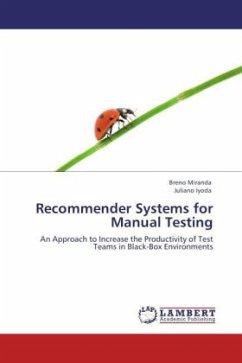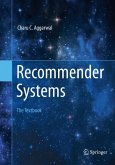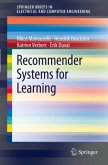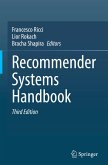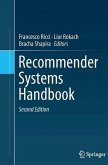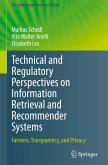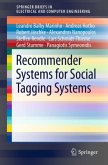Software testing is an arduous and expensive activity. In the context of manual testing, any effort to reduce the test execution time and to increase defect findings is welcome. One approach is to allocate test cases according to the testers profile in a way to maximise testing productivity. However, optimising the allocation of manual test cases is not a trivial task: in large companies, test managers are responsible for allocating hundreds of test cases among several testers. We implemented 2 assignment algorithms for test case allocation and defined 3 tester profiles based on recommender systems (the same kind of system that recommends, for example, a book at Amazon.com). Our allocation systems take into account the tester's effectiveness (valid defects found in the past) and expertise (ability to run tests with certain characteristics). We performed a controlled experiment in a real industrial setting in order to compare our allocation systems to the manager's allocation and to random allocations. The findings of this research are especially useful to software testing professionals, or anyone else who wants to better understand how the manual software testing process works.
